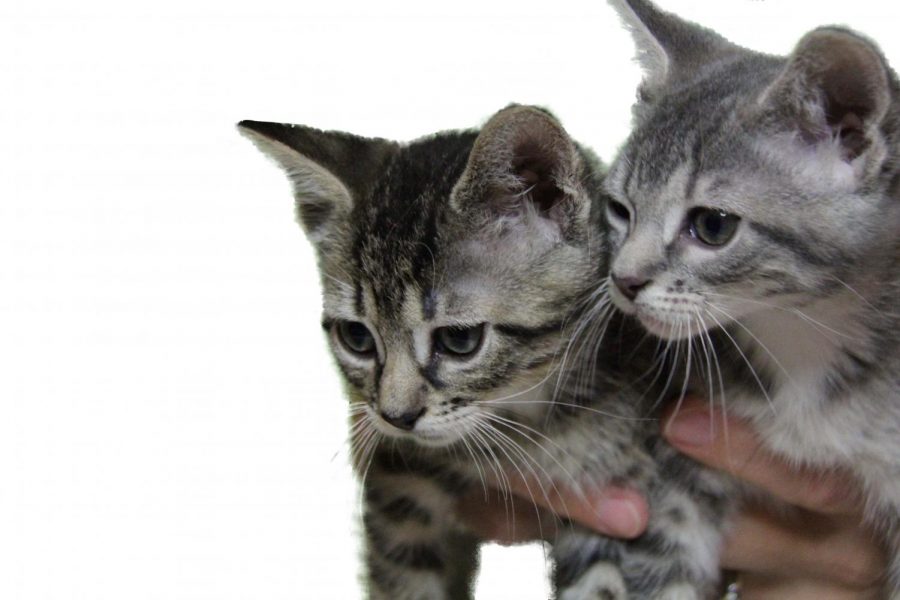Cats Or Dogs?
Which is better?
cats or better
There’s a big question that has been in debate for decades, and everyone seems to have a different opinion: cats or dogs? But what are the facts and reasons for each side of the argument? Why would one person choose cats over dogs, or dogs over cats? Is it the way they were raised, or what animal they grew up with, or is it simply based on their love for one or the other?
Most people, when asked about cats, react passionately one way or the other. Maybe they met a cat at a friend or family’s home, and the cat lashed out and reacted negatively which scared the person. The reason for this could be for a lot of reasons. First of all, people don’t know how to react to cats if they’ve never met one before. A small animal is taking a nap quietly, and all of the sudden a big human comes up to it with big scary hands coming at its face. That can scare the cat and cause them to get startled and defensive. Cats can also react badly if they were abused in their life. My cat, for example, was abused when she was a kitten, and does not readily trust people other than our family. Another way they could see cats badly is if they are in public/outside, and meet a feral cat. Feral cats are typically wild; wild cats have no trust in humans and they only think in fight or flight mode.
In the same way, people can see dogs in these similar situations and also then see all dogs as scary and viscous animals. Dogs can be different in a few ways. One way is some dogs are much larger than cats. They can be the size of a human and therefore human hands aren’t as scary as they would be to small dogs or cats. A lot of people can also be frightened of dogs because of their size or aggressive bark that can be startling to someone who does not own or know much about dogs. Some dogs aren’t trained, making them seem more aggressive or hostile, and that can scare many people.
In both the cat and dog scenarios above, most of the reasons for fear stem from the animals and humans having bad interactions in the past. As one heavily involved in animal welfare, it is imperative that any animal be well socialized and trained. Yes, even cats can be trained to have decent manners. A well trained animal is a well liked animal. Further, an animal who has been exposed to people, love, handling and positive social interactions from an early age will be most often be a well socialized and likeable animal. We have two big, black cats who have been well-socialized since they were bottle fed and people who insist that they hate cats find themselves smiling even just a little when Bart and Lance come around.
Cats are commonly seen as independent, mean, untrainable animals who don’t care about people. While I cannot speak on behalf of all cats, I can however say this is not always the case. Cats can be trained-in face three of my cats sit, do high fives, come when called, and jump on command. In my experience, cats DO care about people. They are always with me when I am not feeling well and are vocal and interactive with us- indicating when they want affection, attention, to play or to eat. Indeed, cats can be more aloof and do choose when they want to be affectionate. Theirs is a more subtle form of attention and affection but it is still sincere. On a practical level, there is no walking or letting out required, but there is still the issue of litter box cleaning. Cats are more independent and can be left alone for longer periods of time.
Dogs, on the other hand, are seen as dependent and loyal and always ready to please – the ultimate best friend. In our house, the mere mention of the word, “walkies” generates a wagging tail and excited dog, even if she had just been sound asleep. Once trained, a dog is a beautiful thing. They are loyal companions, great walking companions, a great asset to your




